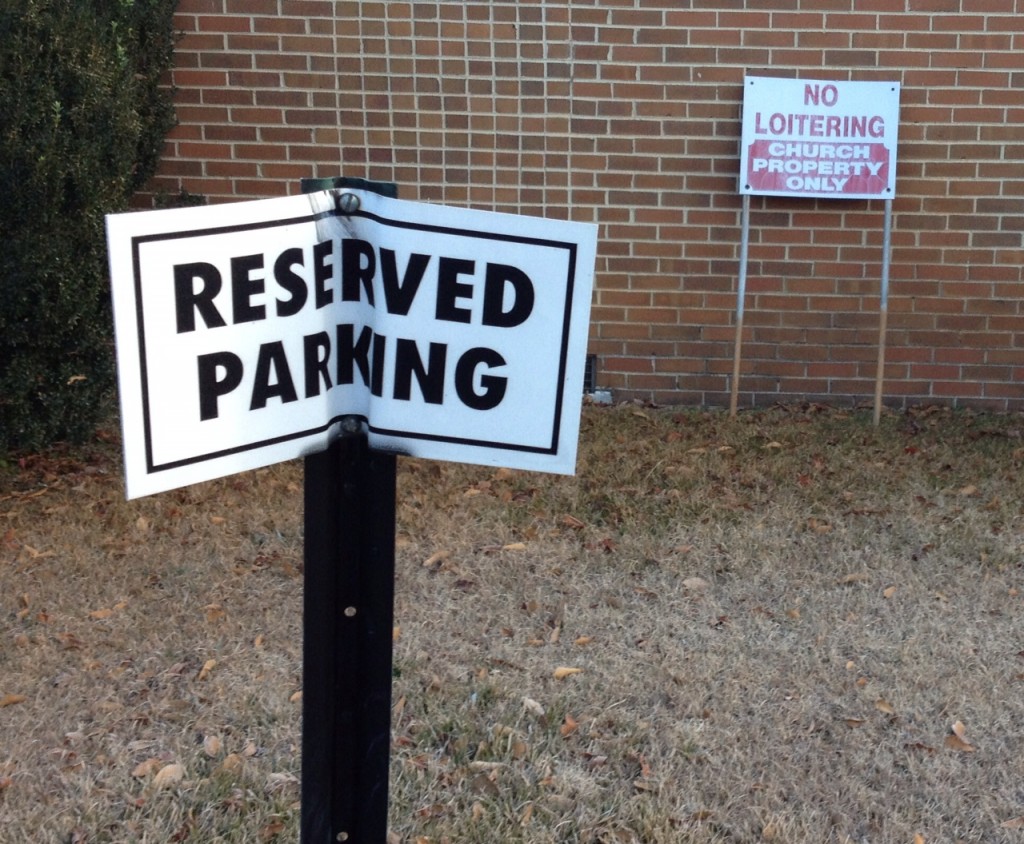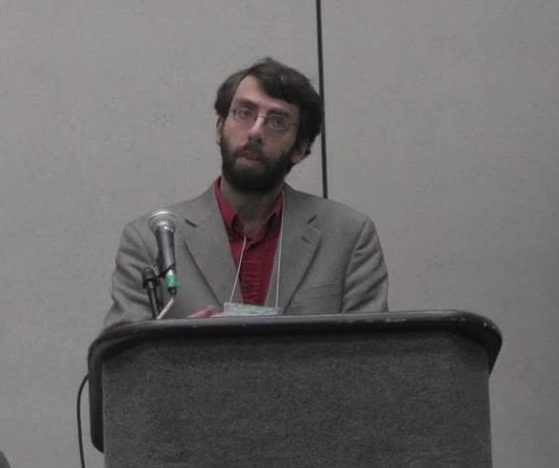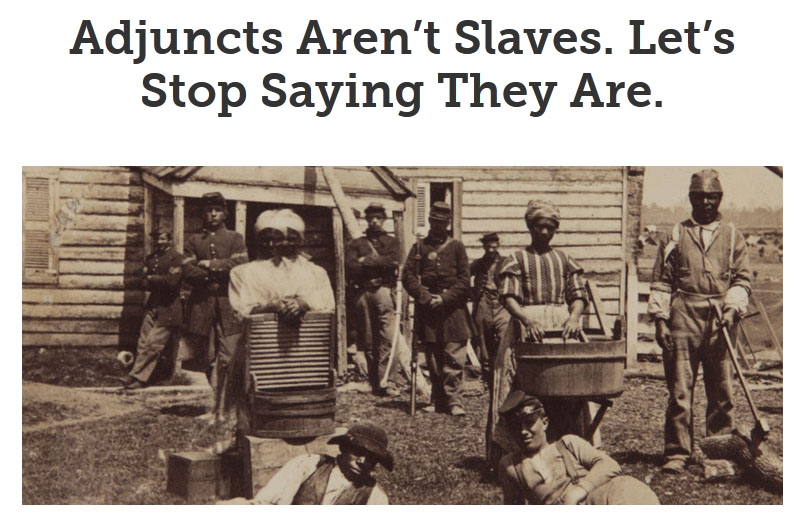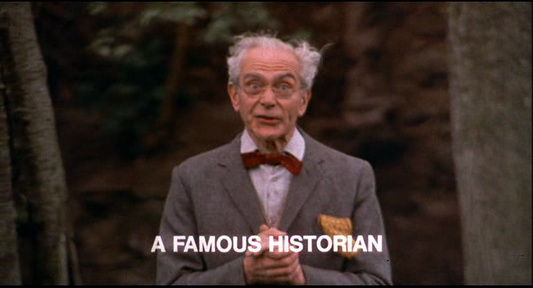 “Who Are You?” asks members of Culture on the Edge to reflect
“Who Are You?” asks members of Culture on the Edge to reflect
on one of their own many identities (whether national, gendered,
racial, familial, etc.), theorizing at the same time the self-
identification that they each chose to discuss.
Although we all have many identities my national identity is what comes first in mind especially now that I’m away from Greece. I suppose when you are asked to remember the first time you realized you were of a certain nationality is not that easy. I’m Greek! I was born in Athens and grew up in Thessaloniki and it sure fills me with pride when I’m asked to show around and talk about my ancient Greek heritage, which I see is of great interest to my North American friends and not only. Of course this pride has its ups and downs, especially when I’m asked about the current politico-economic situation in Greece…. Anyways! Continue reading “Who Are You? I’m Greek”

 An interesting, though brief, story was on the radio this morning, concerning the September 1, 2010, ban on smoking in enclosed public places in Greece — a ban that I think it fair to say has only gradually gained some traction among the Greek public.
An interesting, though brief, story was on the radio this morning, concerning the September 1, 2010, ban on smoking in enclosed public places in Greece — a ban that I think it fair to say has only gradually gained some traction among the Greek public. Did you catch this episode of The Sopranos (back in 2002 [Season 4, episode 3])? Sure, there’s a fair bit of swearing in the clip below, but we’re all adults here, right?
Did you catch this episode of The Sopranos (back in 2002 [Season 4, episode 3])? Sure, there’s a fair bit of swearing in the clip below, but we’re all adults here, right? 
 Yesterday I
Yesterday I 
 Are you following what’s now unfolding in the US state of Oklahoma? No? As just reported in
Are you following what’s now unfolding in the US state of Oklahoma? No? As just reported in  For scholars of religion this is just too rich an example not to grab hold of and ride as far as it will take us.
For scholars of religion this is just too rich an example not to grab hold of and ride as far as it will take us.  I remember, some years ago, the rise of the term “feminazi” in popular discourse — a term associated with those on the US’s political far right, such as radio host
I remember, some years ago, the rise of the term “feminazi” in popular discourse — a term associated with those on the US’s political far right, such as radio host 
 Have you heard the latest in the “is yoga really religious?” debates?
Have you heard the latest in the “is yoga really religious?” debates?